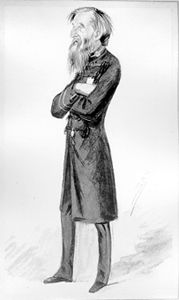Article
Central Coast Salish
Central Coast Salish peoples historically occupied and continue to reside in territories around the Lower Fraser Valley and on southeast Vancouver Island in Canada. They include the Squamish, Klallum, Halkomelem and Northern Straits peoples.












,_2016_(30216916871).jpg)